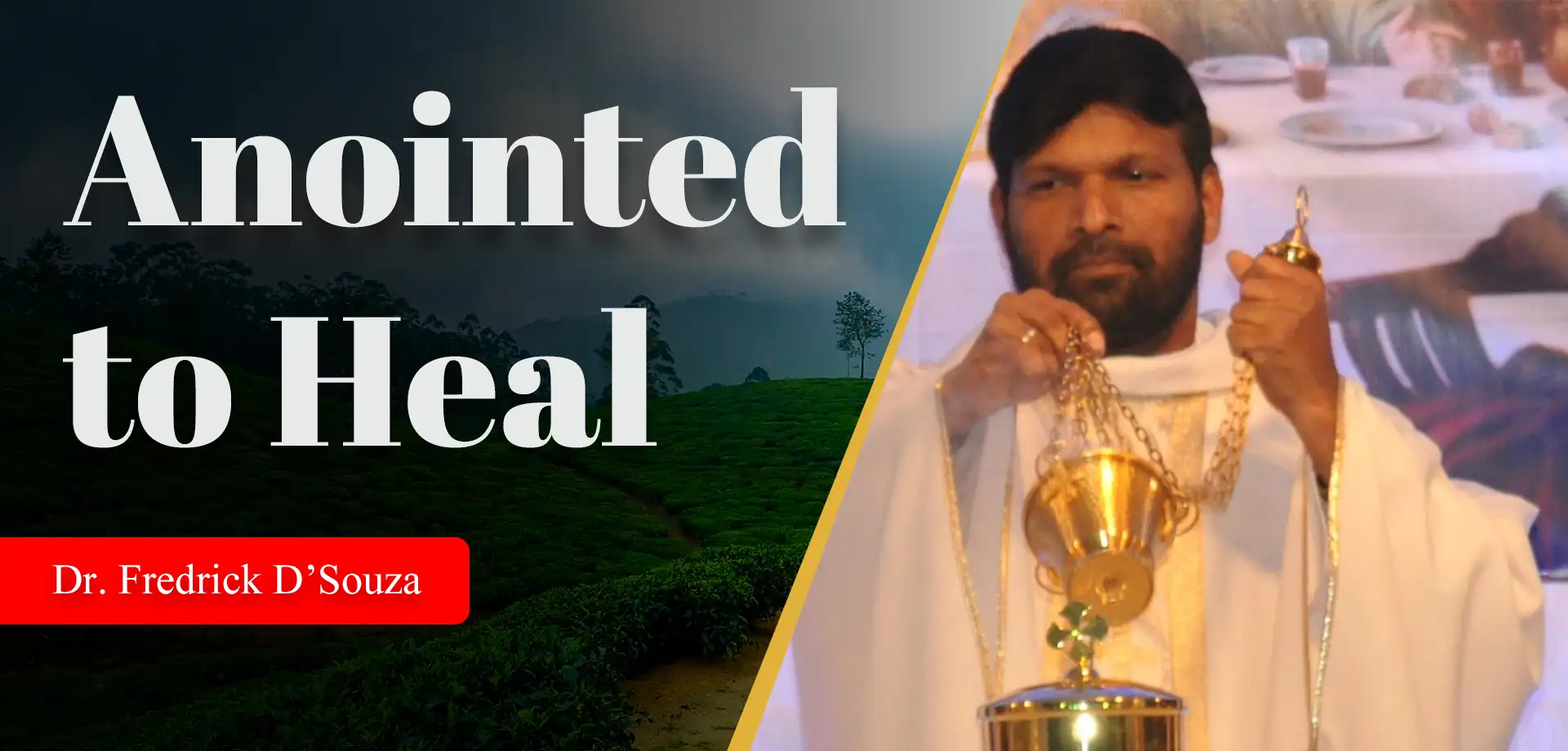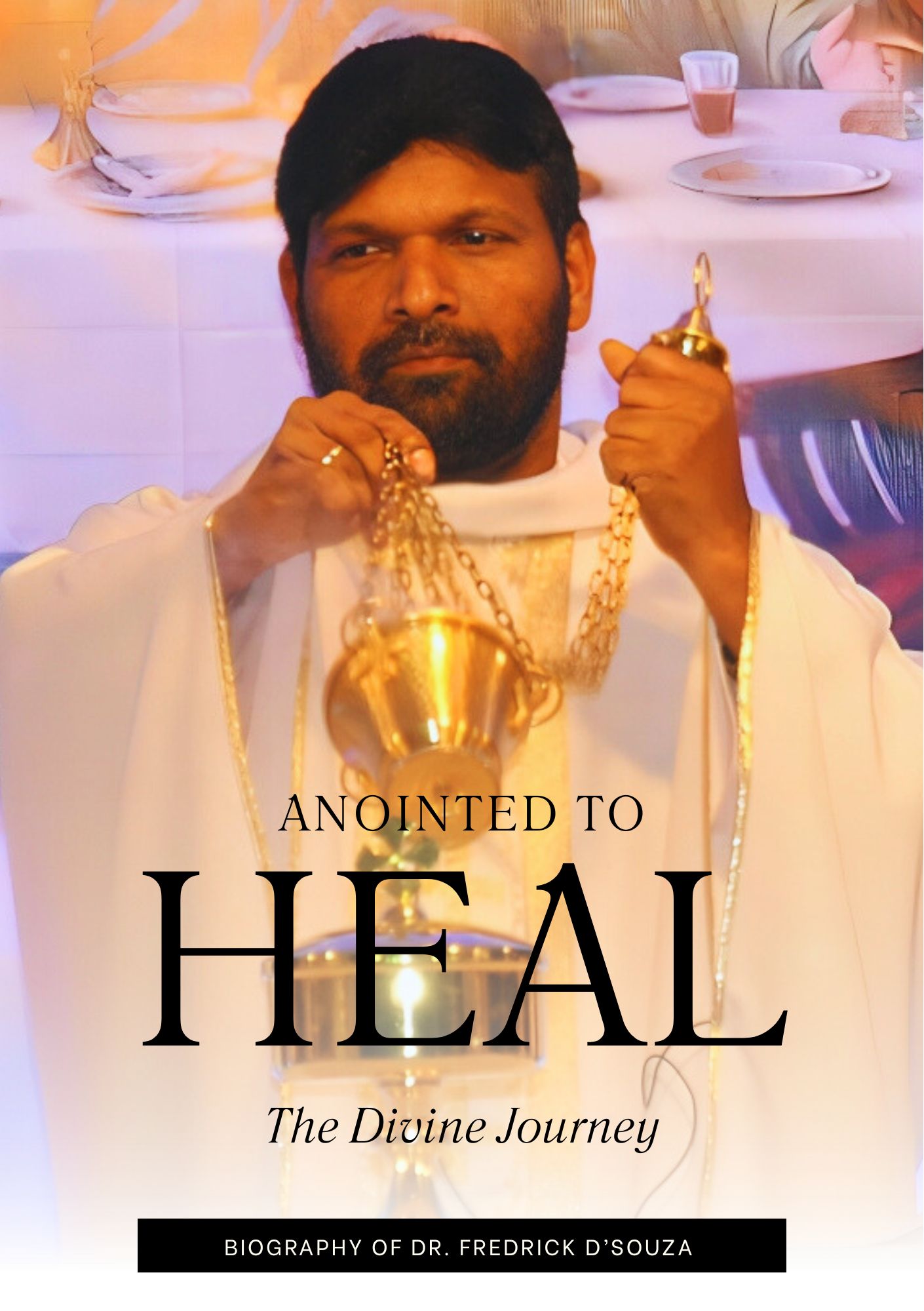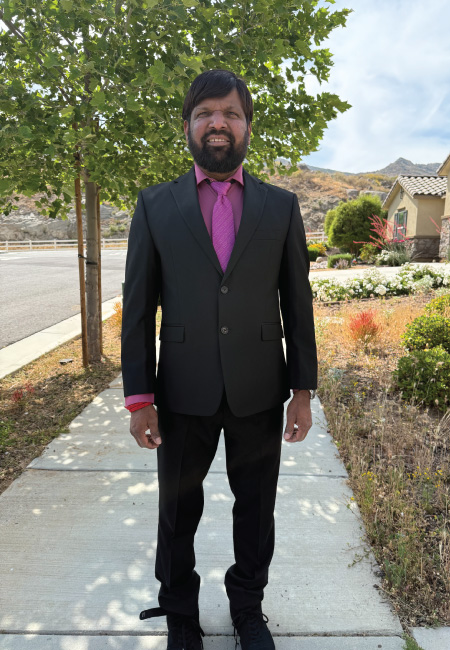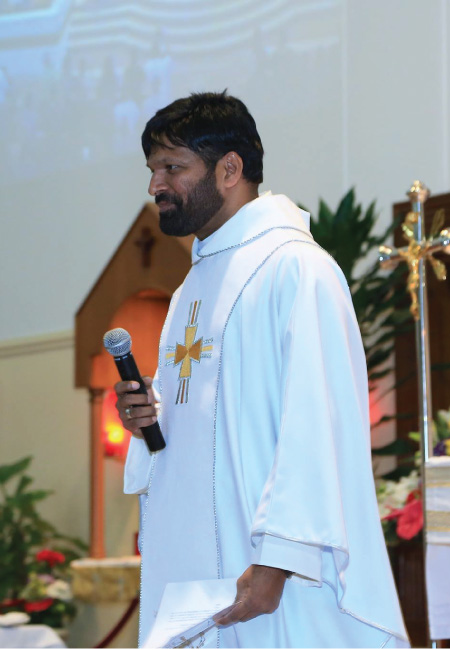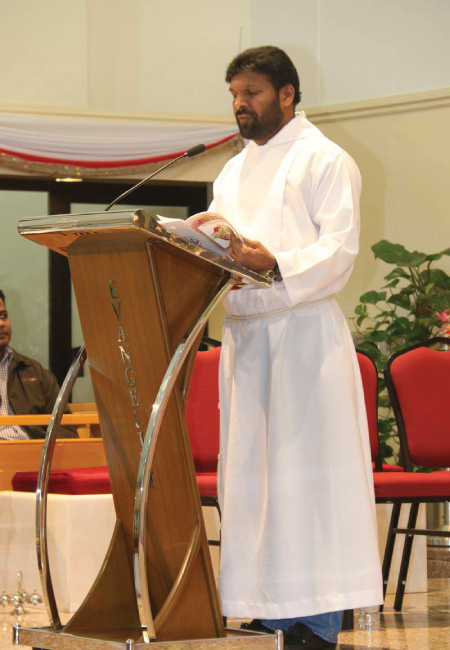In the tapestry of humanity, there are individuals who leave behind footprints not just on the earth, but on souls. Dr. Fredrick is one such individual — a man of unwavering faith, a compassionate spiritual guide, and a divinely gifted healer, whose journey began in a modest village in southern India and has since blossomed into a global mission of healing and hope.
Born on October 23, 1967, in Kedumbadi, a serene village nestled in the Mangalore Diocese of Karnataka, India, Dr. Fredrick’s life story was never destined to be ordinary. Raised by deeply loving and spiritually inclined parents, Savera and Sevrine, his early years were surrounded by values of discipline, humility, and faith. Though his path into priesthood wasn’t chosen by ambition, it was divinely inspired — a calling he didn’t pursue, but rather, was pursued by.
As a young boy, he was not drawn to the clergy out of career aspirations or expectations. He recalls vividly that he never chose priesthood — instead, he felt that God had chosen him. Time and again, in moments both quiet and profound, he experienced an invisible force guiding him, shaping him, and calling him towards a life of spiritual service.
He began his early education in his home village and eventually entered seminary life in Goa, where the first seeds of spiritual transformation took root. His academic pursuits were nothing short of rigorous — earning graduate degrees in Philosophy and Theology, alongside the eventual conferral of his Doctorate in Divinity, Theology, and Philosophy. Yet, these were never just academic conquests; they were steps along a sacred path — preparing him to serve as a bridge between divine truth and human struggle.
Over the span of more than 26 years, Dr. Fredrick has served as a pastor, seminary director, administrator, spiritual advisor, and healer across some of the most complex and multicultural societies — including Mumbai, Mysore, Dubai, Bahrain, and now the United States. These weren’t mere transfers of place; they were missions of purpose, in which he touched thousands of lives, offering healing, guidance, and deep spiritual renewal to people of all religions and backgrounds.
His ministry evolved not just in scope, but in spiritual depth. Particularly in Dubai and Bahrain, he found himself serving people from a wide range of faiths — Muslims, Hindus, Christians, and more. And it was there that he truly grasped the universal power of faith — not confined to doctrine, but expansive enough to embrace all who seek light in the midst of darkness.
